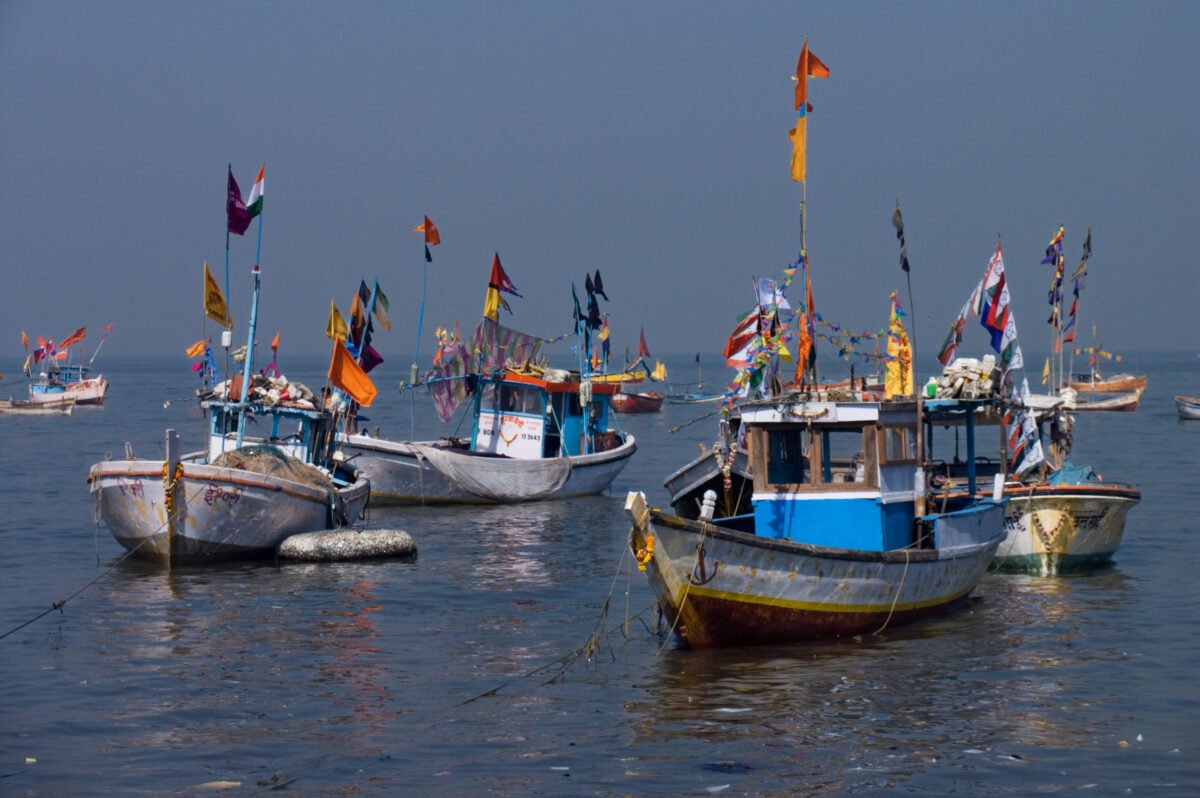Budget FY 2023-24 for Department of Fisheries marks an overall increase of 38.45% over the Budget of FY 2022-23.
While presenting the budget for FY 2023-24, Union Finance Minister, Nirmala Sitharaman in her speech has announced allocation of an amount of Rs 2248.77 crore as against the corresponding figure of Rs 1624.18 crore during 2022-23 and Rs 1360 crore during 2021-22 for the Department of Fisheries. It marks an overall increase of 38.45 percent over the budget of FY 2022-23 from the last one and is one of the highest ever annual budgetary support for the Department.
Further, she has announced a new sub-scheme named Pradhan Mantri Matsya Kisan Samridhi Sah-Yojana (PM-MKSSY): Central Sector Sub-scheme under PMMSY with targeted investment of INR 6,000 crore with the objective to enhance further the earnings and incomes of fishermen, fish vendors and micro & small enterprises engaged in fisheries sector. PM-MKSSY envisages focussed intervention to bring about formalisation of the fisheries sector and this includes digital inclusion, facilitating access to institutional finance for capital investment and working capital, incentives to bring about system and institutions to reduce risk in aquaculture and fisheries incentivising micro-enterprises operating in fisheries and aquaculture sector to work on value-chain efficiencies, incentivising micro and small enterprises to establish supply chains for delivery of safe fish products to consumers, thereby expanding the domestic market and incentives for creation and maintenance of jobs for women in the sector.
The budget speech has also laid stressed on creation of primary cooperative societies including fisheries cooperatives at panchayat level. Formation of co-operative societies at grass root level will formalise the sector and will empower fishers and fish farmers to carry out fish production and its post-harvest activities in an organised manner. With Rs 900 crore allocation for the Ministry of Cooperation for development of cooperatives, enhanced limits for loans, TDS limits and cash deposits and steps to be taken for building the national co-operative database are expected to make operations and financing easier for co-operatives in the sector and help the sector to grow faster. The above, in addition to the earlier announcement on, establishment of National Co-operative Export Society, National Co-operative Society for Organic Products and National Level Multi-State Seed Co-operative Society are expected to support the fisheries in the areas of seed and marketing.
The credit target for agriculture and allied sector has been announced to be increased to Rs 20 lakh crores with focus on animal husbandry, dairy and fisheries. This will substantially improve flow of institutional finance for fisheries sector. Further the announcement to reduce import duty on certain inputs required for shrimp feed is expected to lower the cost of imports and the cost of production and as a result will boost and promote aquaculture exports. Reduction in basic customs duty on fish meal from 15 per cent to 5 per cent, on krill meal from 15 per cent to 5 per cent, on algal Prime (flour) from 30 percent to 15 percent, on fish lipid oil from 30 percent to 15 percent and on mineral and vitamin premixes from 15 percent to 5 percent for manufacturing of aquatic feed is expected to reduce cost of feed, promote domestic feed including and to substantially improve export competitive of Indian shrimps.
Budget FY 2023-24 for Department of Fisheries





